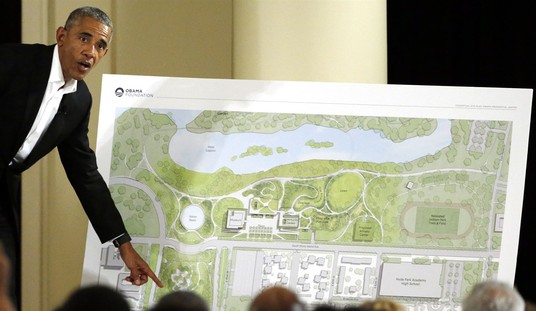Even the New York Times is learning the coverage and care are not synonymous, as Elisabeth Rosenthal tells the story of ♡bamaCare!!! supporter Karen Pineman:
Ms. Pineman, who is self-employed, accepted that she’d have to pay higher premiums for a plan with a narrower provider network and no out-of-network coverage. She accepted that she’d have to pay out of pocket to see her primary care physician, who didn’t participate. She even accepted having co-pays of nearly $1,800 to have a cast put on her ankle in an emergency room after she broke it while playing tennis.
But her frustration bubbled over when she tried to arrange a follow-up visit with an orthopedist in her Empire Blue Cross/Blue Shield network: The nearest doctor available who treated ankle problems was in Stamford, Conn. When she called to protest, her insurer said that Stamford was 14 miles from her home and 15 was considered a reasonable travel distance. “It was ridiculous — didn’t they notice it was in another state?” said Ms. Pineman, 46, who was on crutches.
She instead paid $350 to see a nearby orthopedist and bought a boot on Amazon as he suggested. She has since forked over hundreds of dollars more for a physical therapist that insurance didn’t cover, even though that provider was in-network.
It’s a sad tale, being repeated across the nation. This next sentence however holds the key to Pineman’s troubles:
The theory behind the policies is that patients should bear more financial risk so they will be more conscious and cautious about health care spending.
That’s all well and good, giving patients more skin in the game, and thus more reason to seek out less expensive care.
There’s just one problem: ♡bamaCare!!! does little to address that, aside from increase costs to the consumer.
The insurance-for-everything model keeps the insurance companies empowered in the same way they were before ♡bamaCare!!! became the unsettling law of the land. Competition drives prices down, but narrow networks and government pricing decrease competition. It does, however, increase bureaucracy and paperwork, which probably do very little for cost savings. And so, like every other government program I can think of, ♡bamaCare!!! reduces choice without doing anything to rein in costs — and eventually may end up forcing consumer prices to increase faster than before.
Absent competition, higher out-of-pocket costs can reduce costs to insurers and to the public in one way: Discourage people from seeking any care at all — sort of a “silent death panel,” if you will.










Join the conversation as a VIP Member